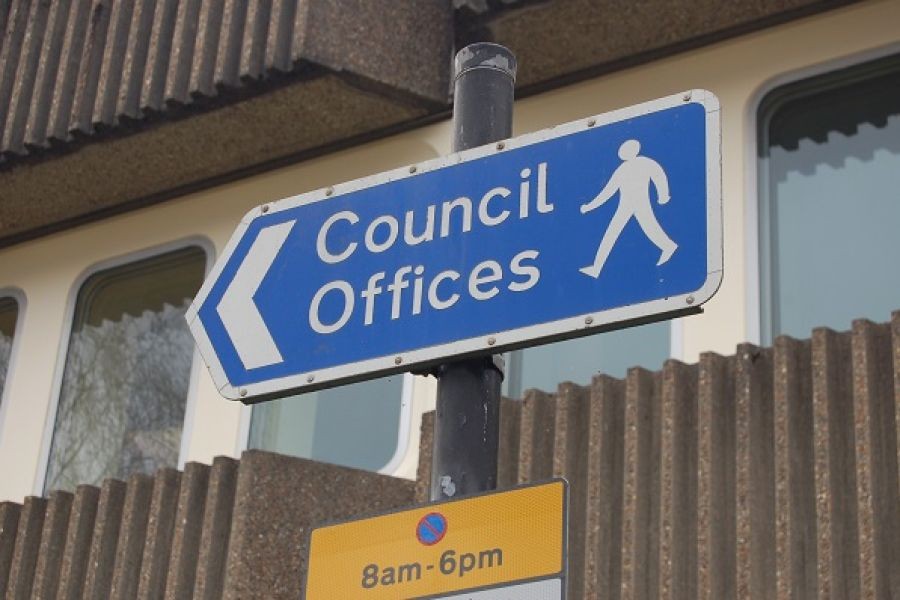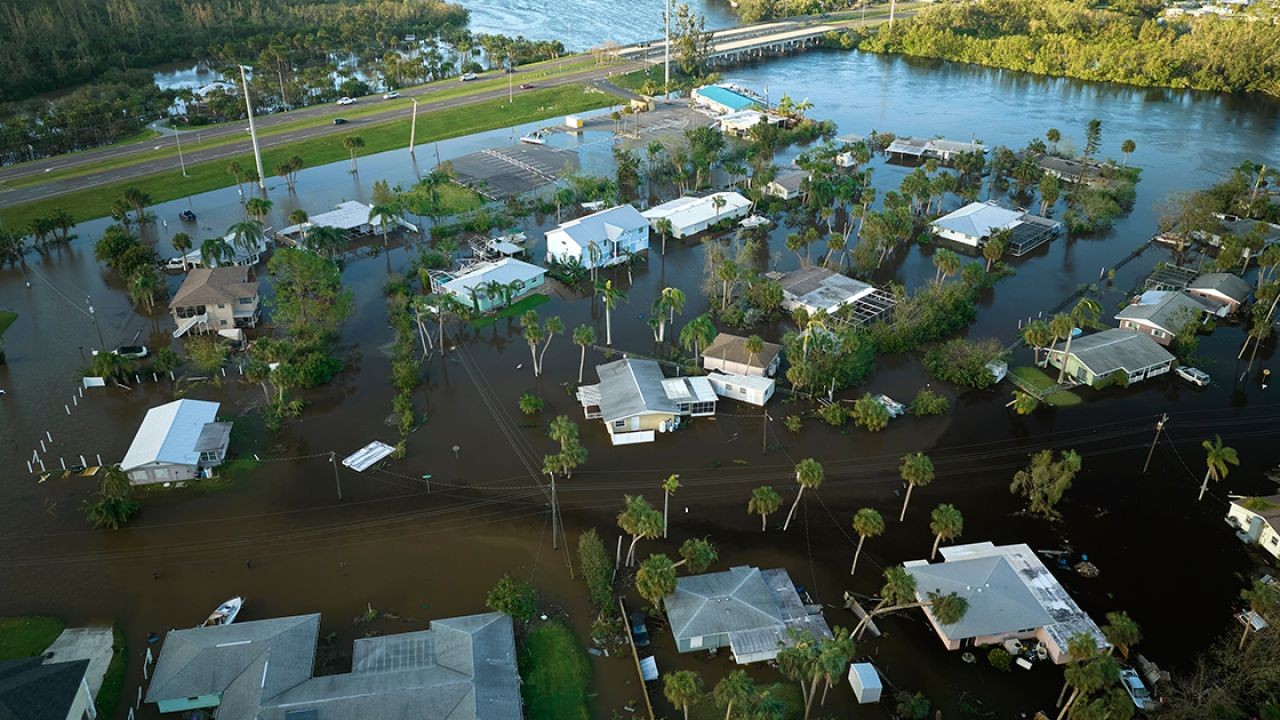New Zealand's local councils play an essential role in shaping the country's social, economic, and environmental landscape. As the primary administrative bodies responsible for implementing policies, managing resources, and providing services at the community level, their influence extends from urban development to environmental conservation. Understanding their function is crucial for citizens, businesses, and policymakers aiming to navigate the intricacies of local governance. This article delves into the role of local councils in New Zealand, exploring their benefits, challenges, and potential for fostering sustainable development.
Understanding the Structure and Functionality of Local Councils
Local councils in New Zealand are the backbone of regional governance, structured into territorial authorities (city and district councils) and regional councils. Territorial authorities handle local services like water supply and road maintenance, while regional councils manage environmental and resource management issues. According to the Department of Internal Affairs, New Zealand has 67 territorial authorities and 11 regional councils, emphasizing the decentralized nature of governance.
Pros: The Benefits of Local Council Governance
- Community Engagement: Local councils provide a platform for citizens to participate in decision-making processes, enhancing democratic involvement. By holding public consultations, they ensure that local voices are heard and considered in policy formulation.
- Tailored Solutions: Councils can address specific regional needs, such as infrastructure development or environmental conservation, with solutions tailored to the unique characteristics of their communities.
- Economic Development: By supporting local businesses through grants and initiatives, councils can stimulate economic growth. For instance, Auckland Council's "Economic Development Action Plan" aims to create jobs and boost the local economy by supporting innovation and entrepreneurship.
- Environmental Stewardship: Councils play a crucial role in environmental protection. The Waikato Regional Council, for instance, implements policies to preserve water quality in the Waikato River, showcasing proactive environmental management.
Cons: Challenges Facing Local Councils
- Limited Resources: Many councils face funding constraints, impacting their ability to deliver services effectively. This financial pressure can lead to prioritization issues where some community needs may be overlooked.
- Bureaucratic Inefficiencies: The complexity of bureaucratic processes can slow down decision-making and project implementation, leading to public frustration.
- Community Conflict: Balancing diverse community interests can lead to conflicts, especially in regions with differing priorities. Disputes over land use and development often arise, requiring careful mediation.
- Regulatory Challenges: Keeping up with national legislation and regulations can be daunting for councils, particularly in rapidly evolving areas like housing and environmental law.
Case Study: Auckland's Integrated Approach to Urban Development
Problem: Auckland, New Zealand's largest city, faced significant challenges with housing shortages and urban sprawl. Rapid population growth strained existing infrastructure, leading to congestion and environmental degradation.
Action: The Auckland Council adopted the "Auckland Plan 2050," a strategic blueprint focusing on creating a compact, efficient, and sustainable city. Initiatives included increasing housing density, improving public transport, and enhancing green spaces.
Result: Since the plan's implementation, Auckland has seen a 15% increase in housing availability and a 20% rise in public transport usage. These improvements have alleviated some pressure on infrastructure and contributed to environmental conservation.
Takeaway: Auckland's integrated approach demonstrates the effectiveness of strategic planning in urban development. Other regions can learn from its success by prioritizing sustainability and inclusivity in their planning efforts.
Data-Driven Insights: Economic and Policy Implications
Statistics from Stats NZ highlight the economic impact of local councils, with local government services contributing approximately 4% to the national GDP. This figure underscores their role in economic stability and growth. Moreover, councils are pivotal in implementing the government's Zero Carbon Act, which aims to reduce carbon emissions and combat climate change.
Contrasting Viewpoints: The Debate on Local Council Effectiveness
While many advocate for the decentralization of power to local councils, critics argue that it can lead to inconsistencies in policy implementation across regions. Proponents emphasize the importance of local knowledge and tailored solutions, while opponents point to inefficiencies and the potential for regional disparities.
Middle Ground: A balanced approach involving stronger coordination between central and local governments can enhance effectiveness while ensuring consistency in policy application. Leveraging technology for better data sharing and communication can also bridge gaps.
Common Myths and Misconceptions
- Myth: "Councils only focus on urban areas." Reality: In reality, councils are responsible for rural development as well, ensuring that infrastructure and services reach all parts of their jurisdiction. The Taranaki Regional Council, for example, emphasizes rural land management and conservation.
- Myth: "Local councils have unlimited funding." Reality: Councils operate under strict budget constraints, often relying on rates, government grants, and service charges to fund their activities. This necessitates careful prioritization of projects and services.
- Myth: "Council decisions are made without public input." Reality: Councils frequently engage with communities through consultations and feedback sessions, ensuring that public opinion is considered in decision-making processes.
Future Trends and Predictions
Looking ahead, local councils in New Zealand are likely to face increasing pressure to adopt digital solutions for service delivery and community engagement. A report by NZTech forecasts that by 2028, digital platforms will be integral to 80% of council operations, enhancing transparency and efficiency. Furthermore, councils will need to prioritize climate resilience, with policies aimed at mitigating the impacts of climate change expected to dominate future agendas.
Final Takeaways
- Local councils are vital for regional development, providing services and policy implementation tailored to community needs.
- Challenges such as limited funding and bureaucratic inefficiencies must be addressed to enhance council effectiveness.
- Case studies like Auckland's demonstrate the potential of strategic planning in achieving urban development goals.
- Future trends indicate a shift towards digital solutions and climate resilience as key focus areas for councils.
In conclusion, understanding the role of local councils in New Zealand is essential for engaging with regional governance and fostering community development. Whether you're a citizen, business owner, or policymaker, staying informed about council operations and initiatives can help you navigate the complexities of local governance and contribute to the sustainable growth of your community.
People Also Ask (FAQ)
- How do local councils impact businesses in New Zealand? Local councils support businesses through grants and infrastructure development, fostering economic growth and job creation. Their policies can significantly impact local commerce.
- What are the biggest misconceptions about local councils? A common myth is that councils have unlimited funds; however, they operate under strict budget constraints, necessitating careful project prioritization.
- What upcoming changes in New Zealand could affect local councils? By 2028, increased digitalization and climate resilience policies are expected to redefine council operations, emphasizing transparency and sustainability.
Related Search Queries
- Role of local councils in New Zealand
- New Zealand council governance structure
- Local government funding in New Zealand
- Urban development policies in New Zealand
- Environmental initiatives by NZ councils
- Community engagement strategies NZ
- Future trends in local governance
- Challenges facing New Zealand councils
- Auckland Plan 2050 overview
- Digitalization of New Zealand councils































